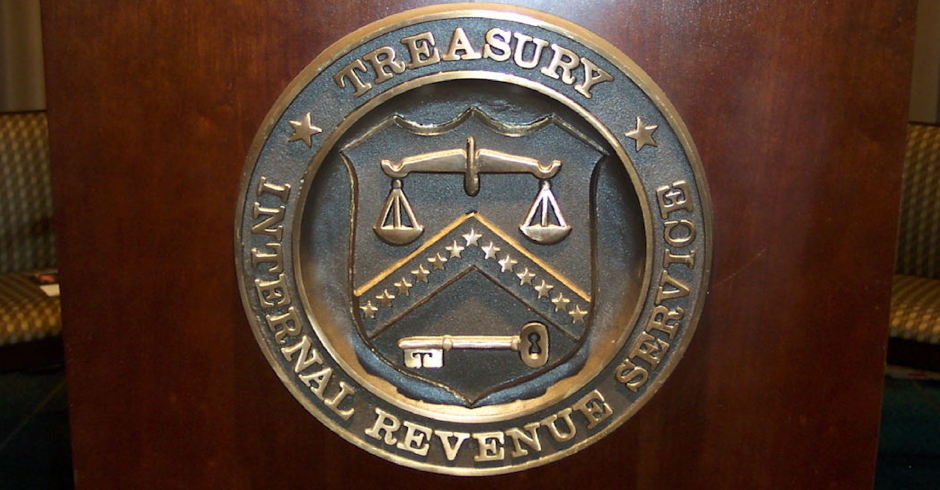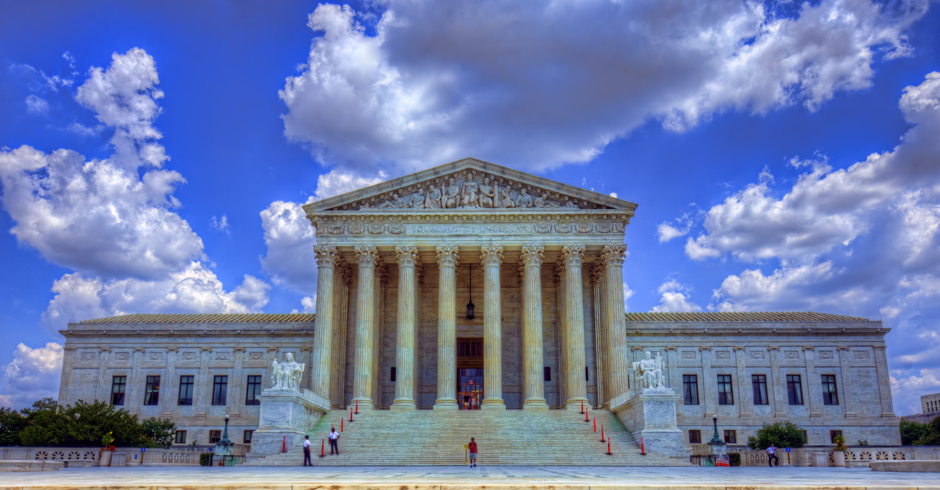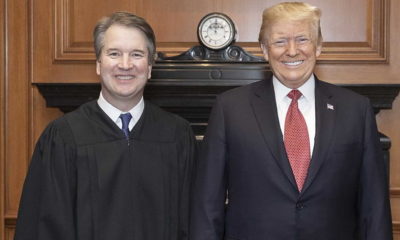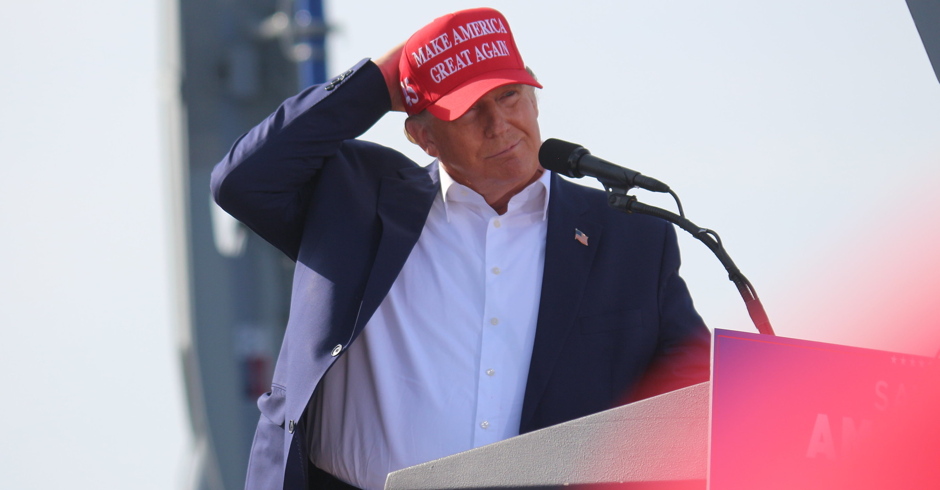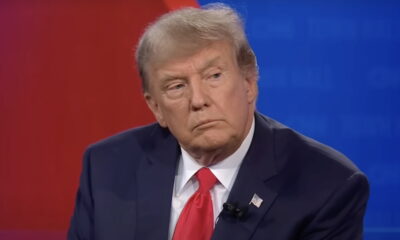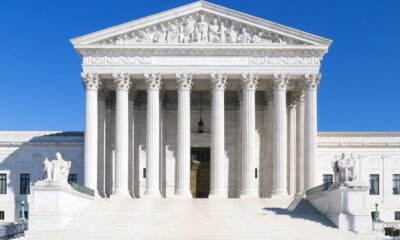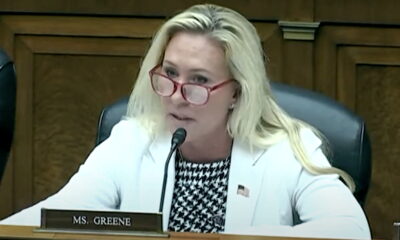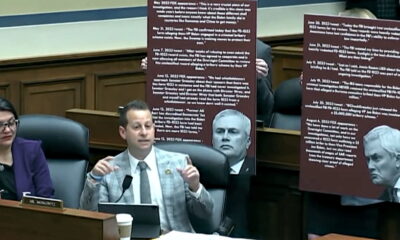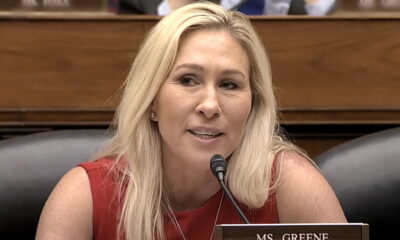'AUDACITY'
Trump’s Newly Released Tax Returns Reveal Cheating & Years of Paying Zero Taxes, Reporter Says

Former President Donald Trump cheated on his taxes, according to investigative financial journalist David Cay Johnston.
Today, the House House Ways and Means Committee released Trump’s tax returns from 2015 through 2020. In three of the six years, Trump’s taxable income was zero. This means he paid no income tax in three of the years, and just $750 in 2016.
“Over the six years, he paid $776,126 in net federal income tax,” Johnston wrote. “That’s just half of one percent of his positive income,” he added, noting, “The typical tax rate for Trump’s income class is more than 25%.”
Johnston says that Trump lowered his income taxes by claiming “huge business expenses despite having zero revenue.” Put another way, Trump said his businesses spent a lot of money just to make no profit.
“Trump received more than $154.2 million in wages, interest, dividends, capital gains, and pensions over the six years when he ran for president or lived in the White House,” Johnston wrote. “Despite this huge revenue stream, Trump reported minus $53.2 million in Adjusted Gross Income, the last number on the front page of your Form 1040 income tax return.”
Trump also did this in his 1984 tax return, resulting in two judges ruling that he had committed civil tax fraud, Johnston added.
“That Trump persisted in using the same fraudulent technique in six years of recent tax returns is powerful evidence of mens rea or criminal intent,” the reporter wrote. “This device is not Trump’s most lucrative tax cheating technique, but it is the easiest for jurors to understand should Trump be indicted on tax charges.”
Johnston acknowledges that tax law regularly allows rich business people and landlords to pay little to no tax while requiring everyday workers and pensioners to pay higher rates. Wealthy people pay tax preparers to use every loophole possible to avoid paying.
However, greater scrutiny of Trump’s taxes could find that he committed other shady dealings “including charitable deductions that may be bogus or overstated; treating personal expenses as business expenses; loans to his three older children that may be to escape gift taxes; and reporting almost $5 million of capital contributions as tax-deductible business expenses,” Johnston noted.
Because there’s no statute of limitations on civil tax fraud, Trump could eventually be pursued for back-owed taxes even if he’s never indicted for fraud.
Enjoy this piece?
… then let us make a small request. The New Civil Rights Movement depends on readers like you to meet our ongoing expenses and continue producing quality progressive journalism. Three Silicon Valley giants consume 70 percent of all online advertising dollars, so we need your help to continue doing what we do.
NCRM is independent. You won’t find mainstream media bias here. From unflinching coverage of religious extremism, to spotlighting efforts to roll back our rights, NCRM continues to speak truth to power. America needs independent voices like NCRM to be sure no one is forgotten.
Every reader contribution, whatever the amount, makes a tremendous difference. Help ensure NCRM remains independent long into the future. Support progressive journalism with a one-time contribution to NCRM, or click here to become a subscriber. Thank you. Click here to donate by check.
 |

